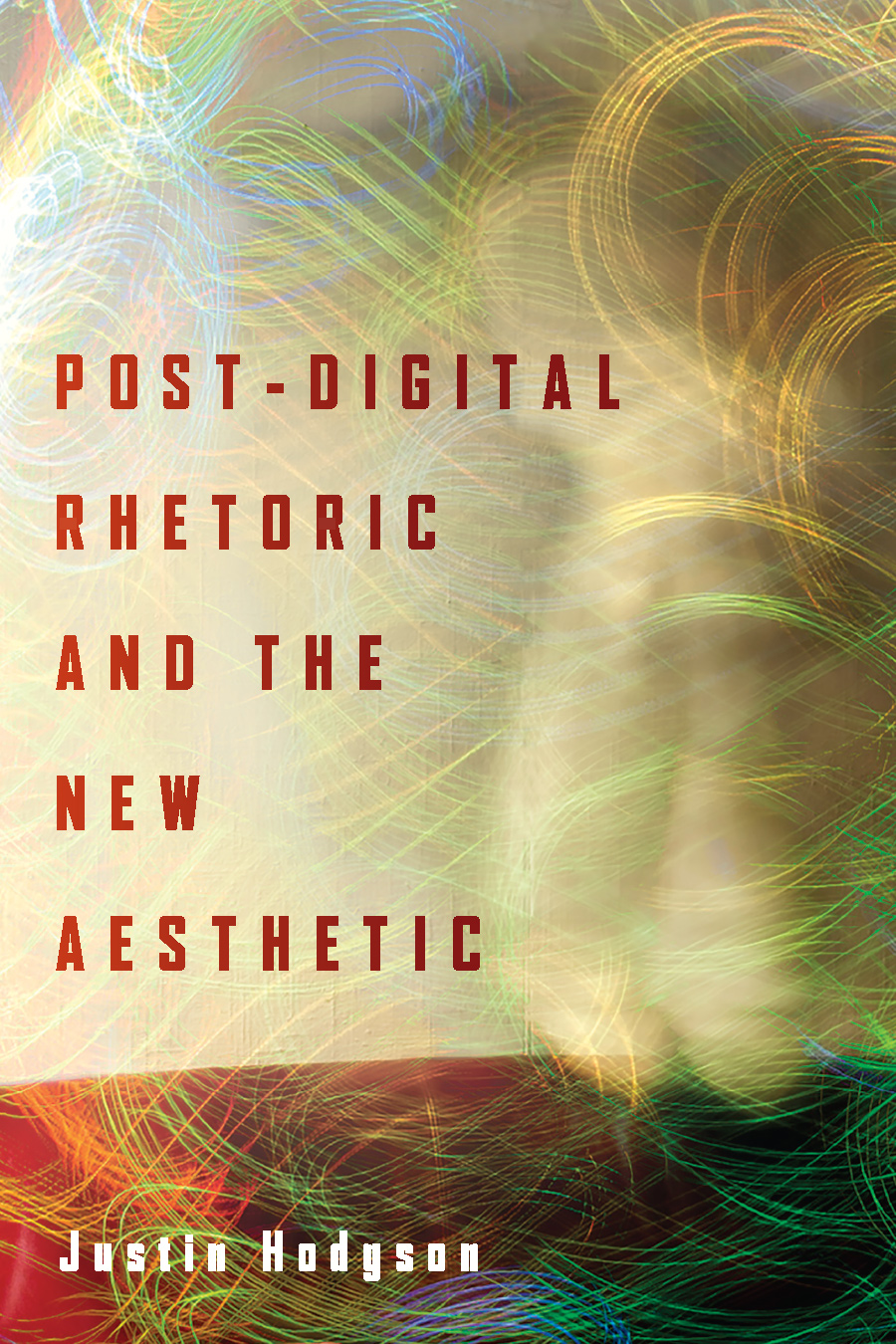“If you are like me, the most immediate reaction to [Rhetoric as a Posthuman Practice] will be admiration for the depth of the scholarship. … One of the important features of Boyle’s work is that he models what he theorizes, amplifying and attenuating as he goes.… Boyle has a point, that rhetoric is not pointed; it is the ever-structuring of affect, which embodies capacities for further affection.… The slippage between an ethic and a provocation toward the ethical that Boyle presents is just one of the important considerations raised by a book that readers of posthuman theory will find rich and valuable.” —Nathan Stormer, Rhetoric Society Quarterly
“Boyle draws from scholarship on rhetorical ecologies and circulation, critical affect studies, and posthumanism to recast well-worn, ancient practices from rhetorical training as ways to exercise rhetorical capacities. Boyle’s work is thus relevant to seemingly disparate subfields … rhetoricians engaged with in situ field methods may find his discussions of topoi complementary and provocative, scholars of historic public address may contend with his implication that persuasion is a result of serial encounters, and teachers of public speaking might consider whether assigning self-reflection papers about persuasive speeches is an adequate way to prepare students for contemporary civic life.” —Matthew Salzano, Quarterly Journal of Speech
“This book would make a valuable resource for graduate seminars in modern rhetoric theories and emerging issues. Boyle’s bold and masterful arguments can be useful to researchers who are building a posthuman scheme for understanding writing and rhetoric, critiquing digital media, designing multimodal artifacts, and studying the human condition in the growing ecology of pervasive technologies today.” —Jason Tham, College Composition and Communication
“The book is theoretically advanced, sophisticated, and timely. It works through terms important to the rhetorical tradition, updates them for the digital age, and continues the work of thinking through what digital literacy will mean for us. Boyle has his finger on the pulse of what some of our key problems in rhetoric are, where the fault lines of debate are, and where innovative developments are happening in digital culture.” —Thomas Rickert
“Rhetoric as a Posthuman Practice provides an original and sophisticated take on contemporary issues in rhetorical theory. This book offers an alternative perspective on debates that have ground to a halt otherwise; similarly, it offers an interesting path forward with implications for rhetoric, technology, the teaching of writing, and the discipline itself.” —Collin Brooke
In response to the pervasiveness of emerging communication technologies, Rhetoric as a Posthuman Practice argues that information be understood as an embodied, material practice. The guiding proposition for this book is that digital rhetoric now concerns how bodies, broadly construed, become informed through practice that includes not only traditional communication activities between bodies but also how information technologies organize and exercise those varying bodies.
Through case studies of the media art of glitch, urban explorers’ use of social media, and DIY digital networks, this book then reconsiders how practice/exercise functions when the once essential bodies of the individual and a society—the two primary categories authorized by a humanist paradigm—become less reliable categories from which we might orient rhetorical action. In sum, the book argues that rhetorical practice is irreducible to the traditions and categories of humanism and must now exercise its posthuman capacities.
Casey Boyle is Assistant Professor in the Department of Rhetoric and Writing at the University of Texas, Austin, and coeditor of Rhetoric, Through Everyday Things.
Contents
List of Illustrations
Part I A Preface to Practice
Introduction Questions Concerning the Practice of Rhetoric
Part II Theorizing Rhetorical Practice
Chapter 1 Rhetorical Ecologies of Posthuman Practice
Practice Makes Plateaus | Practice Makes Perfect | Practice Makes Practice | Practice Makes Perception | Practice Makes Persuasion
Chapter 2 Posthuman Practice and/as Information
Information as Social Practice | How Rhetoric Lost Its Body | Incorporating Simondon’s Information | The Body of Rhetoric, Transduced | A Body Politic
Part III Practicing Rhetorical Theory
Chapter 3 Informing Metastable Orientations
“Dear %?Firstname?%” | Dissoi Logoi and/as Disparation | From a Bi-Stable Oscillation | Through Multistable Oscillations | Toward Metastable Orientations | Working with Glitch | Rhetoric as Resistance Training
Chapter 4 Orienting to Topological Engagement
Incredibly High & Extremely Close | Problem Places | What Time Is This Topos? | The Shape of Rhetoric | Posthumans of New York | Transversal Practice
Chapter 5 Engaging Nomadic Activity
Homelessness Networks | Infrastructural Crisis? | Finding Residence in Homelessness | “I Received Your Letter” | Stretching Rhetoric Further | Transindividual Practice
Coda Activating Sense and Sense-abilities
Acknowledgments
Bibliography
Index



